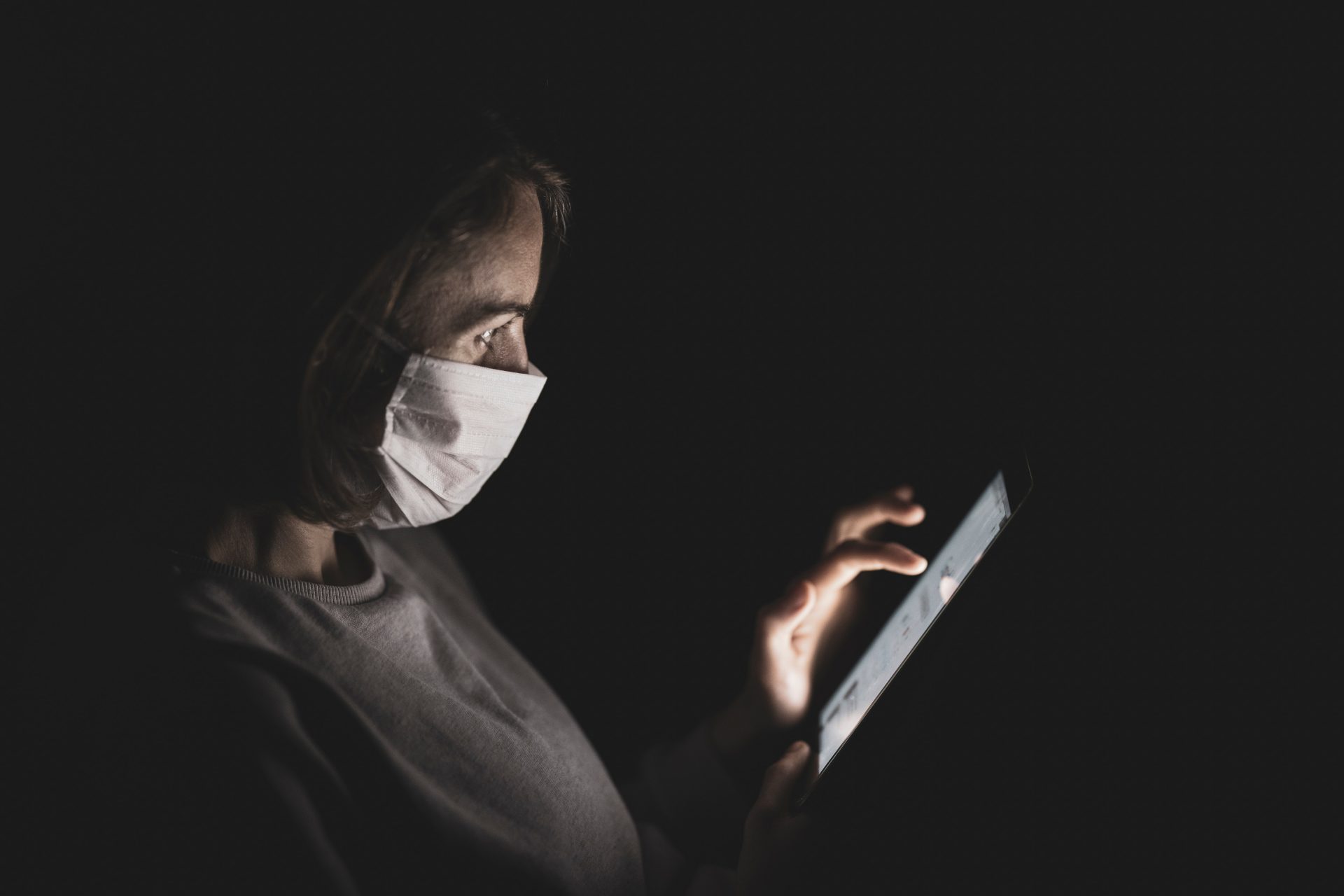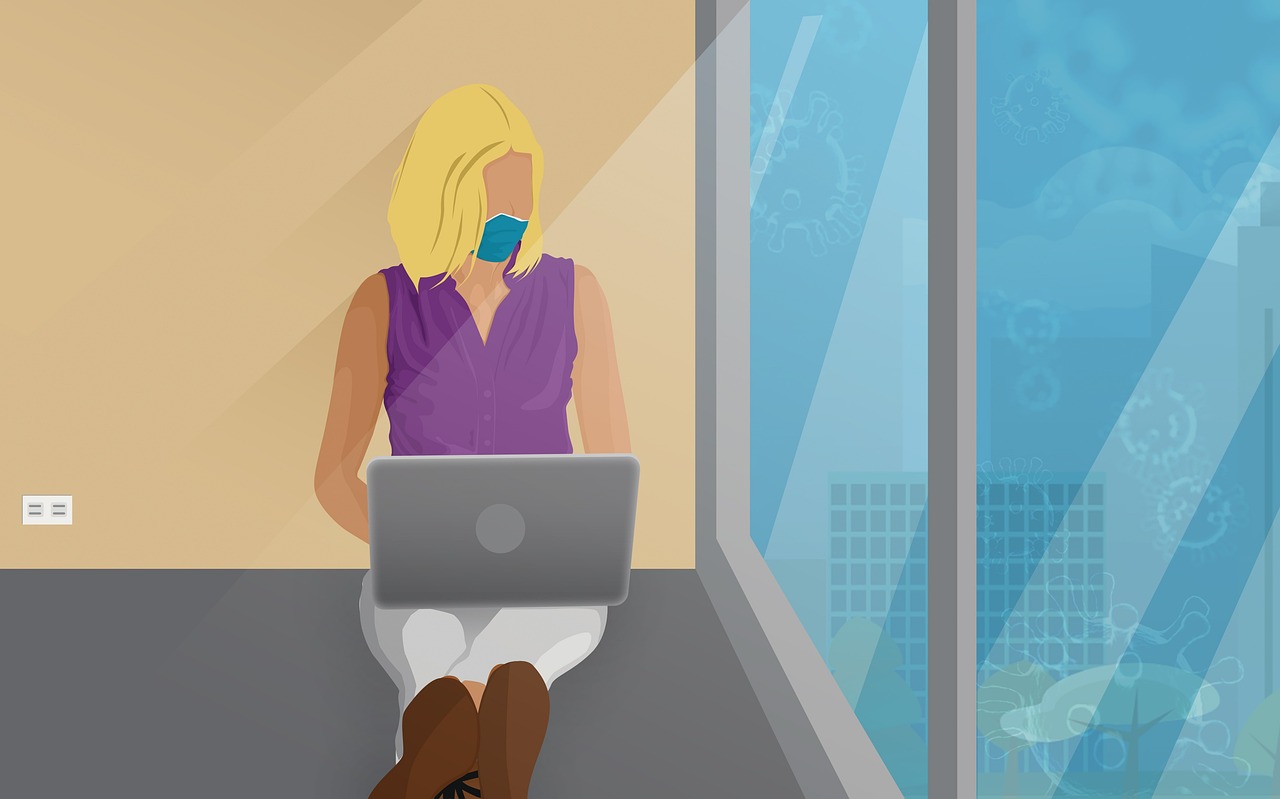In this post, we will show you the impact of Coronavirus on Cybersecurity and actionable tips to protect yourself.
Up to this day, the novel coronavirus outbreak continues to put the health and lives of people around the world in danger. With no medicine and vaccine to treat and prevent the infection, we may still have cases of COVID-19 spreading here and there.
The best preventive measures, for now, are complying with health protocols to help minimize people’s exposure to the virus and, therefore, make the contagion more manageable. Health experts recommend wearing masks, lyregularly washinghands, physically or socially distancing, and staying home to keep everyone as safe as possible.
Employees are then advised to work remotely, making technology all the more important for many people. Emails and direct messaging have become the main communication channels in many organizations, replacing traditional face-to-face interactions.
It’s also not uncommon for social media users to share images of virtual office meetings via Zoom, Skype, and other video conferencing platforms.
Indeed, using technology daily to help you perform your tasks and stay connected with people is part of the new normal. However, high technology usage also includes particular issues, such as cybersecurity.
Since you’ll be doing a lot of tasks and transactions via the internet, staying safe online should be a significant concern. People with ill intentions will try to take advantage of the situation in many different ways—spread fake news on social media and other sites, pose as an organization to ask for donations, send phishing emails or text messages to ask for your data, and so on.
Amidst various cybersecurity attacks, you want to ensure you don’t fall victim to these illegal acts. Protect yourself from cybersecurity challenges by learning more about their nature and applying the appropriate fix.
READ ALSO: 15 Best VPN For Coronavirus Quarantine Holiday [100% WORKING]
Table of Contents
Actionable Coronavirus Cybersecurity Tips To Stay Safe Online
Use secure, stable, and private Wi-Fi connections
Telecommuting requires Wi-Fi, whether you’re working from home or in a local café or working space. A strong and reliable connection is necessary to make your day productive and allows significant security tools like antivirus software, firewalls, or filters for spam emails to work.
Without a stable network connection, these tools will make blocking malware or preventing hackers from stealing your credentials more challenging.
Be careful about using public Wi-Fi in coffee shops, too. Since many people are accessing it simultaneously, the chances of the connection weakening are higher, and such is a weak point that can make it more vulnerable to hackers and fraudsters.
READ ALSO: 7 Actionable Steps To Prevent And Control Cybercrimes
Leverage cloud services
Cloud services are vital to online security, allowing you to store data on servers that data centers manage. These data centers are equipped with advanced technologies, which offer enhanced levels of protection for individual and enterprise users.
If your organization is using software-as-a-service (SaaS) that can be accessed via a web browser, there’s a possibility that cybersecurity attackers can access it, too. They can send malicious plugins and extensions that, when clicked, will allow them to crack your log-ins and passcodes to various online accounts.
Fortunately, cloud services now let you use a cloud-based browser, which isn’t accessible to outsiders. This allows you to perform your browsing activities more safely.
Patch software vulnerabilities
Software developers constantly release updates to fix security issues, so you must keep track of them and apply the patches for apps that you’re using. Don’t let the security updates sit on your device, as delaying the patching process will only increase your risk of cybersecurity attacks.
However, you can only apply patches to a system or program when it’s inside a virtual private network (VPN), so using home or public Wi-Fi while working remotely may not make it possible for you to complete the patch. One possible workaround for this type of problem is virtual patching.
Virtual patching refers to immediately developing and implementing a security update using a web application firewall (WAF). The WAF helps prevent cybercriminals from exploiting any system vulnerability on your device or network as it does an instant repair job on the vulnerable program.
READ ALSO: 20 Online Security Tips For Remote Workers
Practice vigilance
Being isolated at home can make you susceptible to social engineering attacks on the internet. Attackers are well aware that the pandemic has been causing a lot of stress and panic for many people, not to mention that shifting to telecommuting means that employees must adjust to this type of work arrangement.
Whether you’re a remote worker or an online shopper, be ready, as fraudsters will try to take advantage of your heightened anxiety levels, hoping that you’ll fail in your judgment or decision-making. You may receive emails soliciting money supposedly for charity work or asking you to check your financial transactions by revealing your personal identification number (PIN) and one-time password (OTP).
If you’re part of your company’s finance or HR team, you must be on guard when you notice any unusual activity, such as receiving requests for employee information. Make sure to validate if the request is from an authorized party or otherwise using official and secure communication channels.
Revisit your incident response playbook.
For organizations, it pays to be prepared for the worst-case scenario, such as data breaches or denial-of-service (DoS) attacks. Your IT team should prepare a plan for these possibilities using an incident response playbook.
This playbook guides the standard operating procedures that employees should follow in case these events happen. It should also specify the people responsible for assessing the situation and coordinating with different teams whose functions might be severely impacted by the incident.
If the protocols in the playbook don’t apply to remote work arrangements during COVID-19, the incident response team should roll out an updated version as soon as possible.
READ ALSO: Top 5 DDoS Attack Challenges For Telecom Companies
Coronavirus And Cybersecurity
Coronavirus is a severe global problem, and so is cybersecurity. As such, governments, businesses, members of the workforce, and other stakeholders need to double down on their individual and collective efforts to bring safety across communities.
Note: this post was initially published in July 2020 but has been updated.
RELATED POSTS
- Impact of COVID-19 on Live Streaming
- How To Secure And Protect A Website [We Asked 38 Experts]
- Security Alert: The Most Common COVID-19 Online Frauds and Scams
- Full Review of GlassWire Firewall Software – Extreme Network Monitoring
- How To Report Online Scams In The UK [MUST READ]
About the Author:
Marie Beaujolie is a computer network engineer and content writer from Paris. She is passionate about technology and exploring new ways to make people’s lives easier. Marie has been working in the IT industry for many years and has a wealth of knowledge about computer security and best practices. She is a regular contributor for SecureBlitz.com, where she writes about the latest trends and news in the cyber security industry. Marie is committed to helping people stay safe online and encouraging them to take the necessary steps to protect their data.









